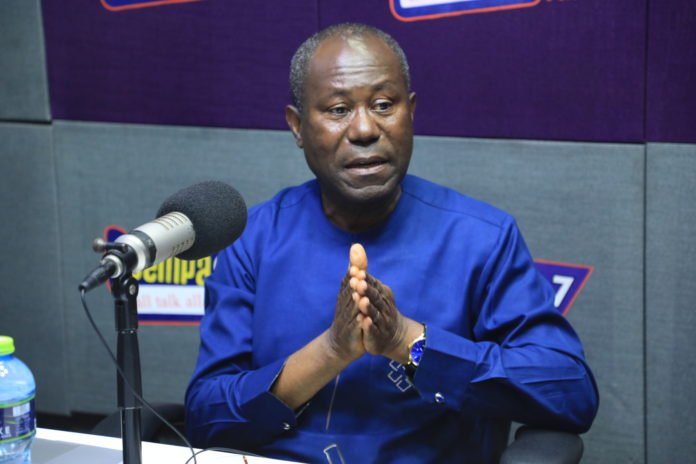The Ghana Cocoa Board (COCOBOD) has announced a reduction in its cocoa production target for the upcoming 2024/2025 season.
The new season, set to begin on September 10, 2024, will open with a revised self-financing plan aimed at sustaining the sector amid challenging weather conditions.
COCOBOD’s Chief Executive, Joseph Boahen Aidoo, disclosed that the initial production target of 810,000 metric tonnes has been reviewed downward by 19.8% to 650,000 metric tonnes. This significant reduction is attributed to the unprecedented dry spell that has affected cocoa-growing regions in Ghana, particularly the Bono and Western North areas.
Speaking on the difficulties faced by farmers, Mr. Aidoo noted, “This is occasioned by what is happening in West Africa. There is a dry spell. Very unusual. It’s cloudy but it’s not raining.” The harsh weather conditions have made it difficult for farmers to maintain a successful planting season, contributing to the lower-than-expected output.
In response to the challenges, COCOBOD has outlined measures to boost production over the next six years. Mr. Aidoo revealed that the organization is working towards producing an additional 200,000 metric tonnes of cocoa beans by replacing old, unproductive trees and supporting farmers with essential resources such as fertilizers and extension officers.
“We have put in place an elaborate measure to support the farmers with fertilizers and extension officers. For the first time in many years, COCOBOD has helped the farmers with pruning,” he said.
The Chief Executive expressed optimism about the long-term benefits of these interventions, highlighting the importance of cocoa as a key economic asset. “Cocoa trees are economic trees that bring in foreign earnings. It is the reason why COCOBOD has made it a point to always support farmers to keep the plants alive and flowery,” he added.
Meanwhile, Ghana’s Finance Minister, Dr. Mohammed Amin Adam, has indicated that the government will seek external funding to further support the cocoa sector, reinforcing the significance of cocoa to the nation’s economy.

